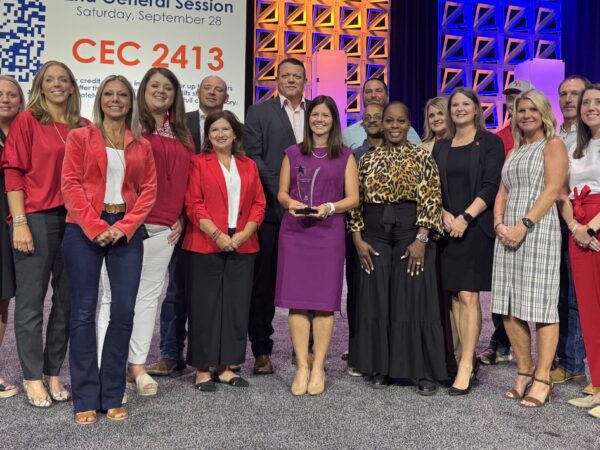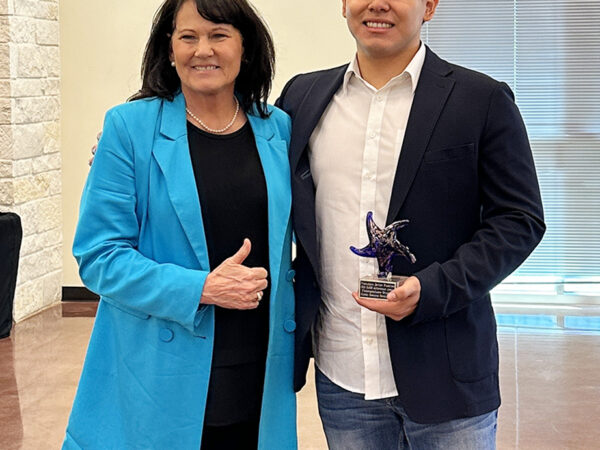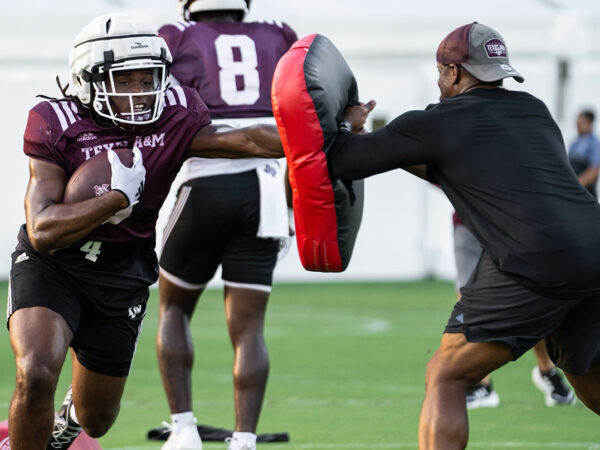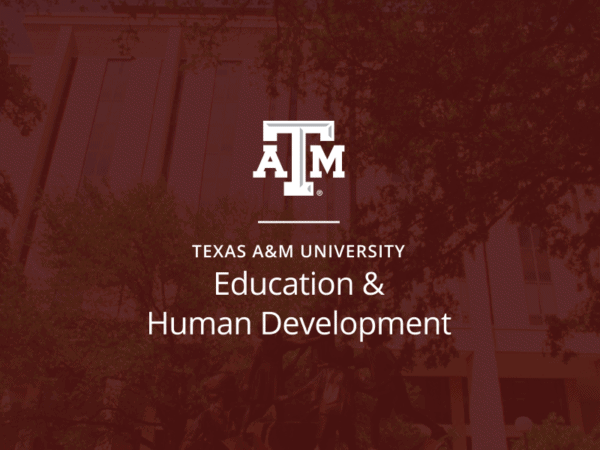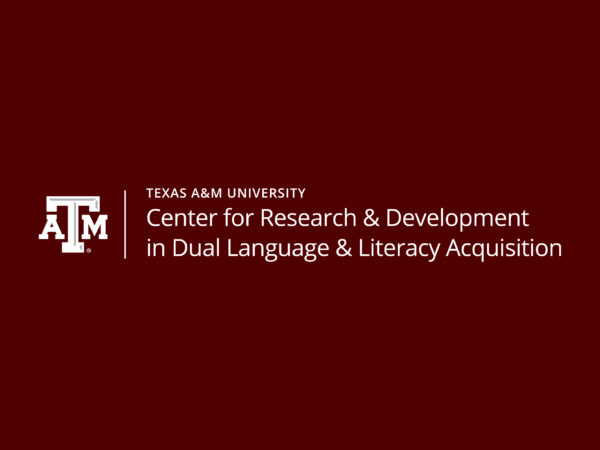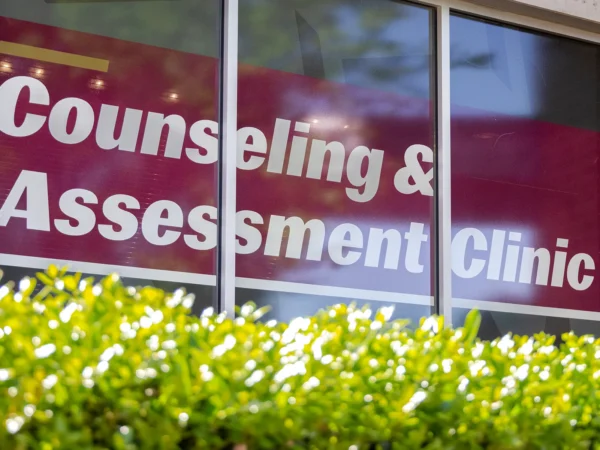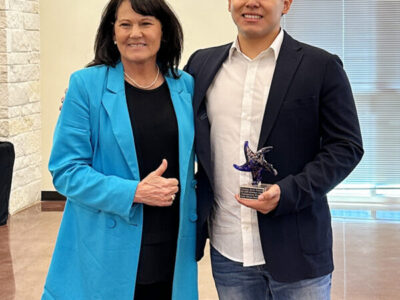The new frontier: K-12 education policy amid COVID-19
In this unprecedented time of school closures and stay-at-home orders due to the coronavirus, schools are grappling with how to transition to distance learning. Educational policy expert Dr. Daniel Bowen explains how this is affecting the education landscape.
“These circumstances are posing challenges for schools with regard to how they plan to continue serving students in the immediate-term, in addition to planning and building infrastructure to prepare for similar scenarios in the future,” Bowen said.
Bowen, an assistant professor in the Department of Educational Administration and Human Resource Development, said the biggest impact appears to be from the variations and disparities in instructional supports and opportunities in distance learning.
The crisis has highlighted the importance of making technology more accessible. Many students, especially those living in lower-income and rural communities, lack access to the technology that is vital for distance learning.
“Policymakers need to consider ways in which they can remove critical barriers that deter educators’ abilities to provide high-quality virtual learning environments,” Bowen said.
How schools are educating remotely
According to the Center on Reinventing Public Education, 89% of districts surveyed are referring parents to general educational resources. 7% are serving as the providers of instructional delivery by means of pre-recorded instruction or synchronous learning via virtual conferencing. Just 13% are requiring teachers to grade student work.
Some districts are providing professional development on distance learning for their teachers and even parents. Bowen said schools have been doing a great job in response to this crisis, especially in the arena of public health, safety and nutrition.
“Almost all school districts in their database are still providing meals to-go for their students, and in many cases have extended this service to adults throughout the community,” Bowen said. “Moreover, schools have continued serving as critical media for communicating public health and safety notices and information.”
The effect of canceling standardized tests
On March 20, President Donald Trump announced that the Department of Education would be waiving federal requirements for state testing. Bowen said this decision is not surprising due to the additional burden testing would impose on students and schools in this difficult time.
“Moreover, the results from any tests issued this spring would not provide a fair assessment of student learning for school accountability purposes,” Bowen said.
However, many states rely heavily on these assessments for critical, and often controversial, K-12 schooling decisions. For example, many states use test-determined proficiency as a prerequisite for promotion to the next grade level.
“Putting aside the merits and criticisms of such policies, policymakers will likely need to consider how best to guide and make such decisions without test-based accountabilities in place,” Bowen said.
While parents are typically involved in the decision to have their child repeat a grade, the outcome is more so determined with the expertise of school teachers and administrators. However, the current crisis is causing some school leaders to have to rely more on parent’s input.
“While the consequences of these developments are hard to predict at this time, it will be interesting to see how K-12 education administrators and policymakers proceed with decisions that they have ordinarily made with the information they get from testing,” Bowen said.
Policy to consider in response to the pandemic
In addition to supporting and expanding current educational opportunities, Bowen said schools might consider the familiar format of summer school.
“The suggestion with summer school is not to necessarily make up missed school days,” Bowen said. “However, schools might consider ways in which they can expand and enrich summer learning opportunities, especially for students from underserved communities.”
He also suggests a newer, less common format which is personalized virtual tutoring and check-ins with students. Although the conversation around the pandemic is how it will negatively impact student achievement, Bowen said the crisis is a time to pay attention to the aspects of schooling that are not captured in standardized tests.
“Personalized check-ins might be a viable means for keeping touch and checking-in more comprehensively on students’ well-being,” Bowen said.
About the Writer
Heather is responsible for news coverage in the Department of Health and Kinesiology, as well as the Department of Educational Administration and Human Resource Development.
Articles by HeatherFor media inquiries, contact our Media Relations Coordinator, Ashley Green
Fundraising
To learn more about how you can assist in fundraising, contact Amy Hurley, Director of Development ahurley@txamfoundation.com or 979-847-9455


